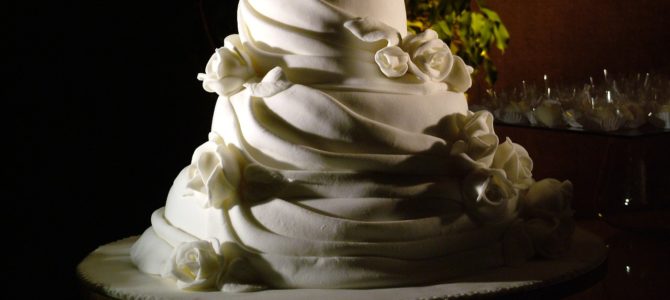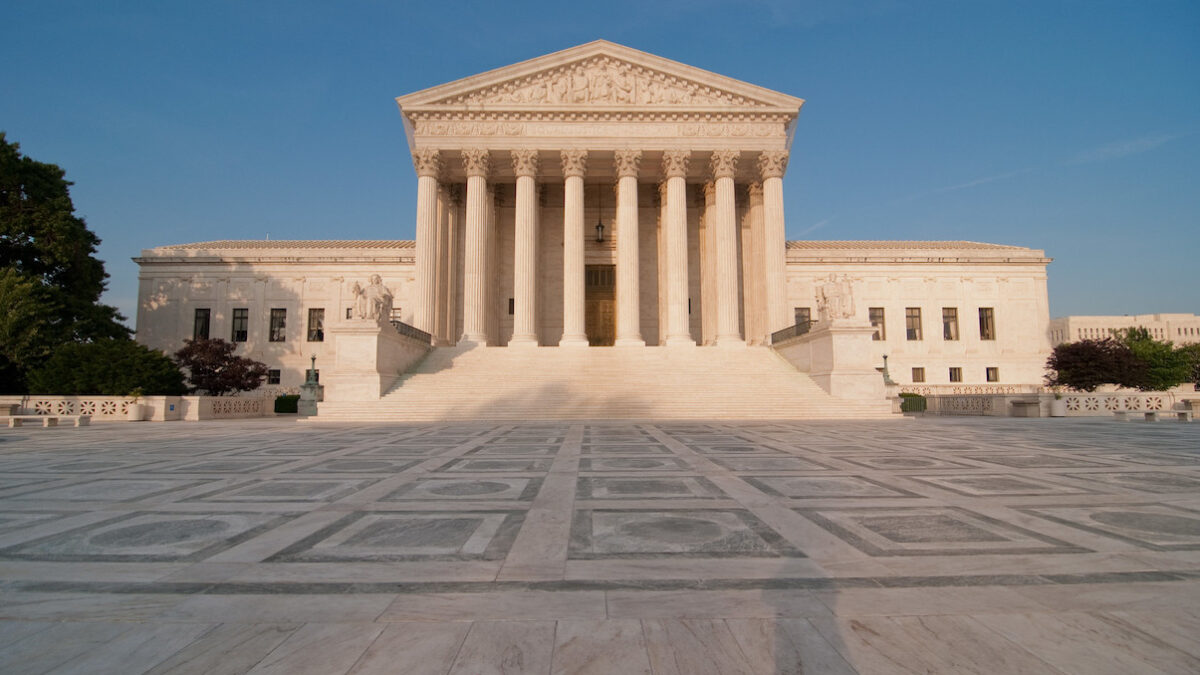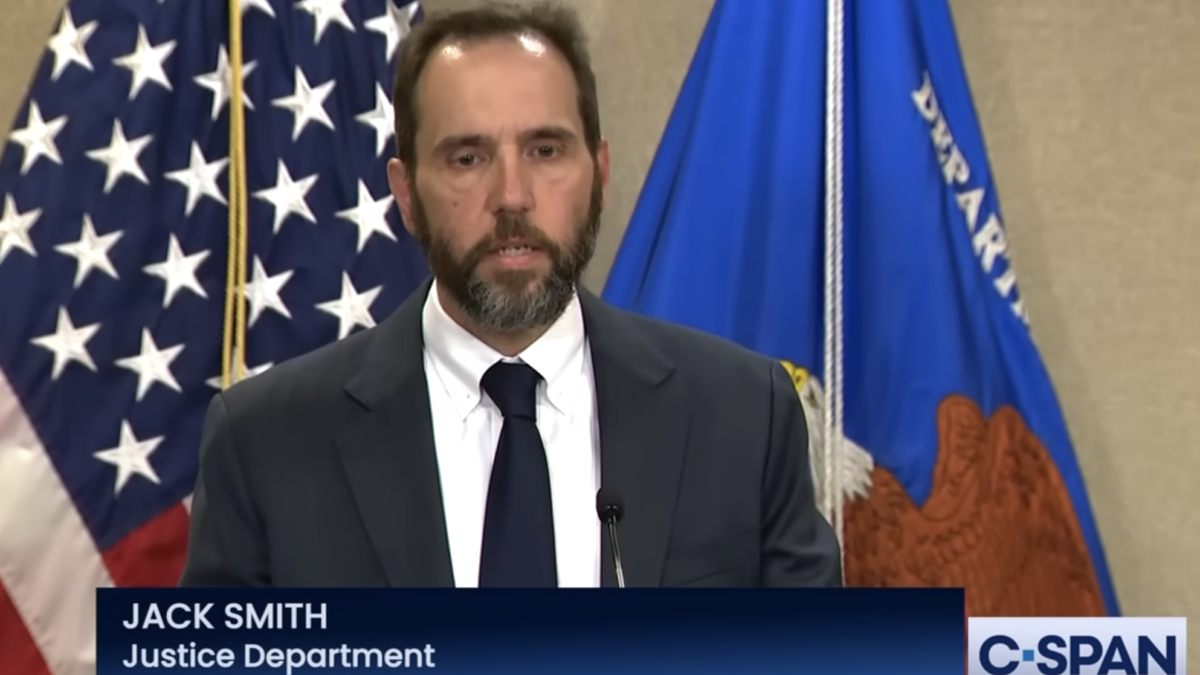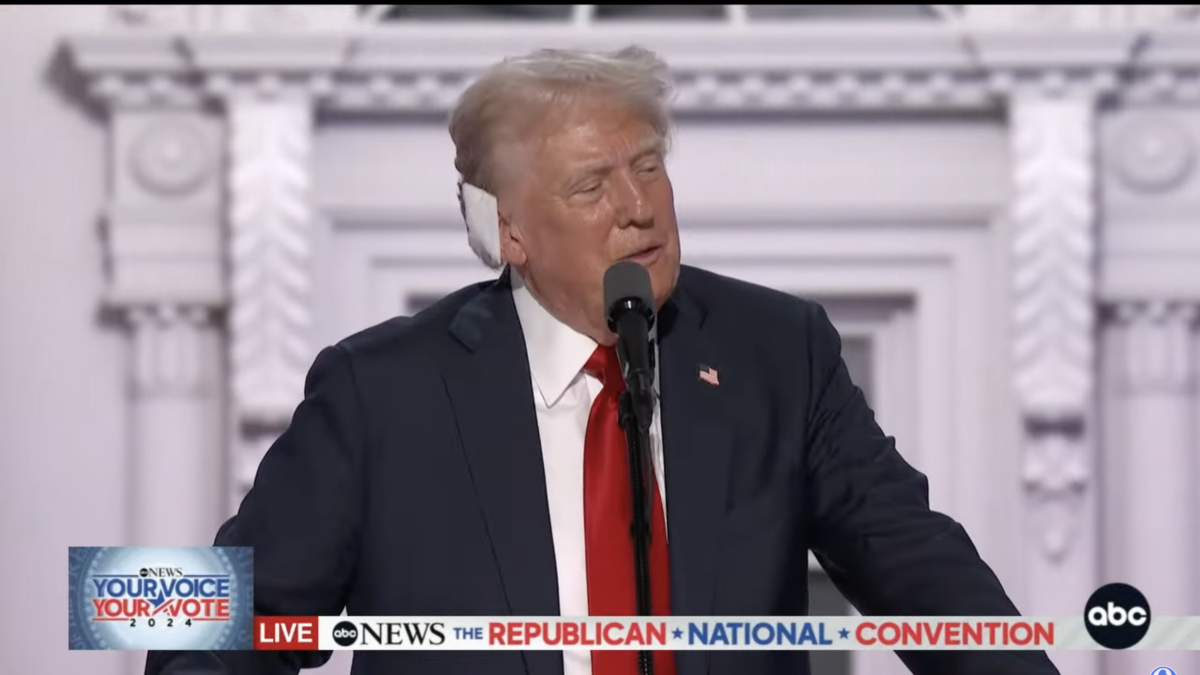
Sunday’s New York Times print edition ran a piece by Adam Liptak, exploring the people and perspectives behind the soon-to-be argued Supreme Court case of Masterpiece Cakeshop v. Colorado Civil Rights Commission. The piece is titled, “Cake Is His ‘Art.’ So Can He Deny One to a Gay Couple?”
On one side of the dispute stands Jack Phillips—a Christian baker in Colorado who five years ago refused to craft a wedding cake to celebrate a same-sex marriage. “I’m being forced to use my creativity, my talent and my art for an event—a significant religious event—that violates my religious faith,” Mr. Phillips said, according to the Times. To Philips, this is “more than just a cake.”
Opposite Phillips are David Mullin and Charlie Craig, the two men who sought out his services and who later filed a complaint with the Colorado Civil Rights Commission. “We asked for a cake,” they counter. “We didn’t ask for a piece of art or for him to make a statement for us. He simply turned us away because of who we are.” According to the Times, “Mr. Craig said the free speech argument was a smoke screen. ‘It’s not about the cake,’ he said. ‘It is about discrimination.’”
So which is it? Free speech or discrimination?
It’s both.
Free Speech Always Involves Discrimination
Free speech always involves discrimination, including—and maybe even especially—artistic expression. Or as the Supreme Court put it: “all speech inherently involves choices of what to say and what to leave unsaid.”
When Bruce Springsteen canceled his April 2016 North Carolina concert in protest of the then-recently passed “bathroom bill,” he was discriminating against the patrons desiring his services—patrons who had, in fact, already paid to hear his artistry. But Springsteen’s silence was also speech. As he put it, canceling the concert “is the strongest means I have for raising my voice in opposition to those who continue to push us backwards instead of forwards.”
Jennifer Holliday discriminated when she denied President Trump and Vice President Pence her services, even though she had previously committed to singing for their inaugural festivities. Holliday back out once she realized that her voice would speak not just the lyrics she sang, but support for views contrary to her deeply-held beliefs. Holliday explained this much to her fans in an apology letter announcing she had withdrawn from the upcoming events planned for the new administration: “Regretfully, I did not take into consideration that my performing for the concert would actually instead be taken as a political act against my own personal beliefs and be mistaken for support of Donald Trump and Mike Pence.”
Likewise, prospective Masterpiece Cakeshop customer Mullin, a musician, poet, and photographer, may discriminate in the viewpoints to which he is willing to give voice—through his songs, words, and pictures.
So, no—the free speech argument isn’t a smoke screen.
Giving Protection To Vulnerable Believers
It is, however, in many ways a breastplate—a breastplate for believers who seek protection from laws which would require them to violate their conscience, as such protection is no longer offered by the Free Exercise Clause of the constitution.
Since the Supreme Court’s 1990 decision in Employment Division v. Smith, the constitutional guarantee of free exercise of religion no longer shields faith from government infringement, leaving those clinging to their faith to seek refuge in the greater protection the justices afford speech.
Consider for a moment the different scrutiny courts apply to laws affecting religion and those impacting speech: In Employment Division v. Smith, the Supreme Court held the state of Oregon could deny two Native Americans unemployment benefits because they were fired for using illegal drugs, even though the men had only used peyote as part of religious ceremonies at their Native American Church. In the 6-3 decision, the Supreme Court held:
“The right of free exercise does not relieve an individual of the obligation to comply with a ‘valid and neutral law of general applicability on the ground that the law proscribes (or prescribes) conduct that his religion prescribes (or proscribes).’”
Under Smith, then, a law that is “neutral” (i.e., does not target religion) and has “general applicability” (i.e., applies broadly), is constitutional, no matter its impact on religious liberty. And under Smith’s reasoning, because the Colorado law is neutral and generally applicable, Phillips has no recourse under the Free Exercise Clause. He loses.
The Rights And Protections We Afford To Speech
Contrast that meager protection to that afforded speech. In Hurley v. Irish-American Gay, Lesbian and Bisexual Group of Boston, Inc., a Massachusetts State Court had ordered the Veterans’ Council, which organized an Irish-American parade in Boston, to allow a homosexual and bisexual group to march alongside based on a state law prohibiting discrimination in public accommodations on the basis of sexual orientation.
In a unanimous opinion, the Supreme Court held the state violated the free speech rights of the Veterans’ Council, stating the Massachusetts law “violate[s] the fundamental First Amendment rule that a speaker has the autonomy to choose the content of his own message and, conversely, to decide what not to say.”
Under Hurley, Phillips wins—assuming the Court agrees that his trade is art. No wonder, then, Phillips has cloaked himself in his artistic expression!
This Case Is About More Than Cake
Think too of the strange anomaly this competing precedent foretells: A State could require a Catholic hospital to perform surgeries (or abortions?) in violation of the institution’s deeply held beliefs without running afoul of the Free Exercise Clause. But the Free Speech Clause will protect a Catholic crisis-pregnancy center from a state mandate requiring employees to present abortion as a morally-equivalent choice to childbirth.
While the justices can easily rule for Masterpiece Cakeshop and Phillips on free speech grounds, the future of religious liberty in this country depends on the Supreme Court’s willingness to revisit Smith. So Phillips is right: this case is about more than just a cake. But it’s also about more than just speech.









